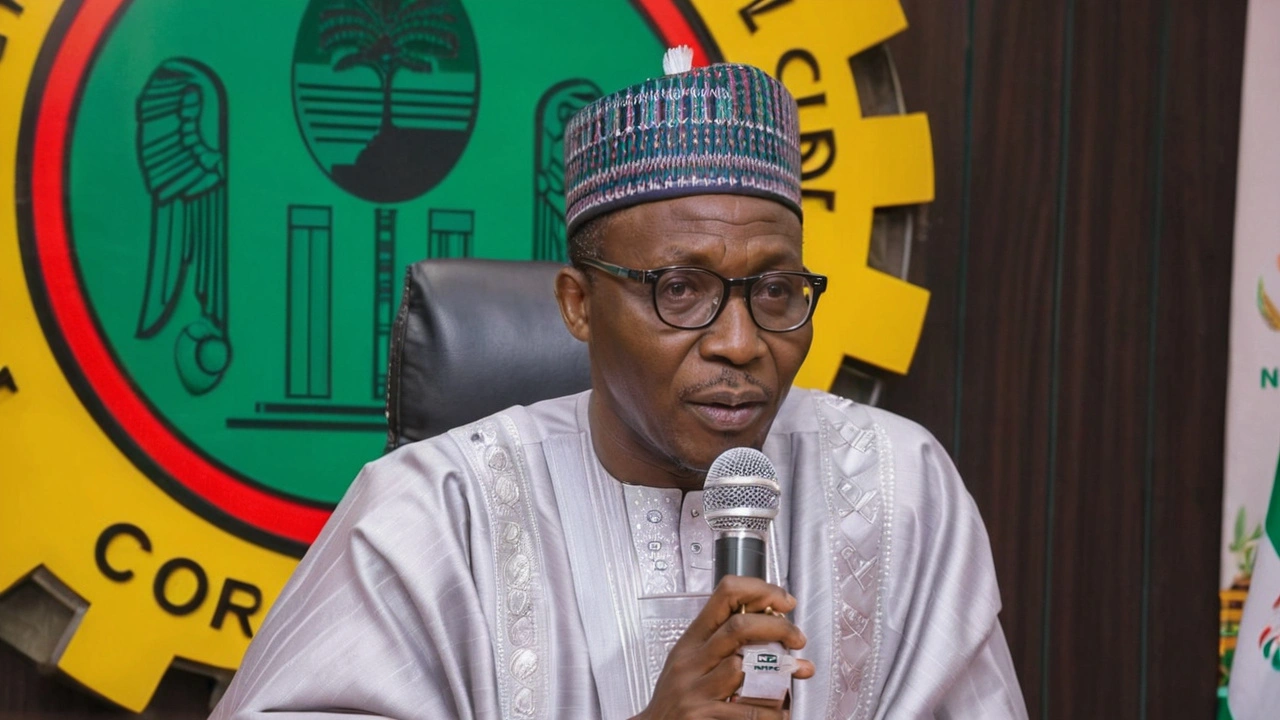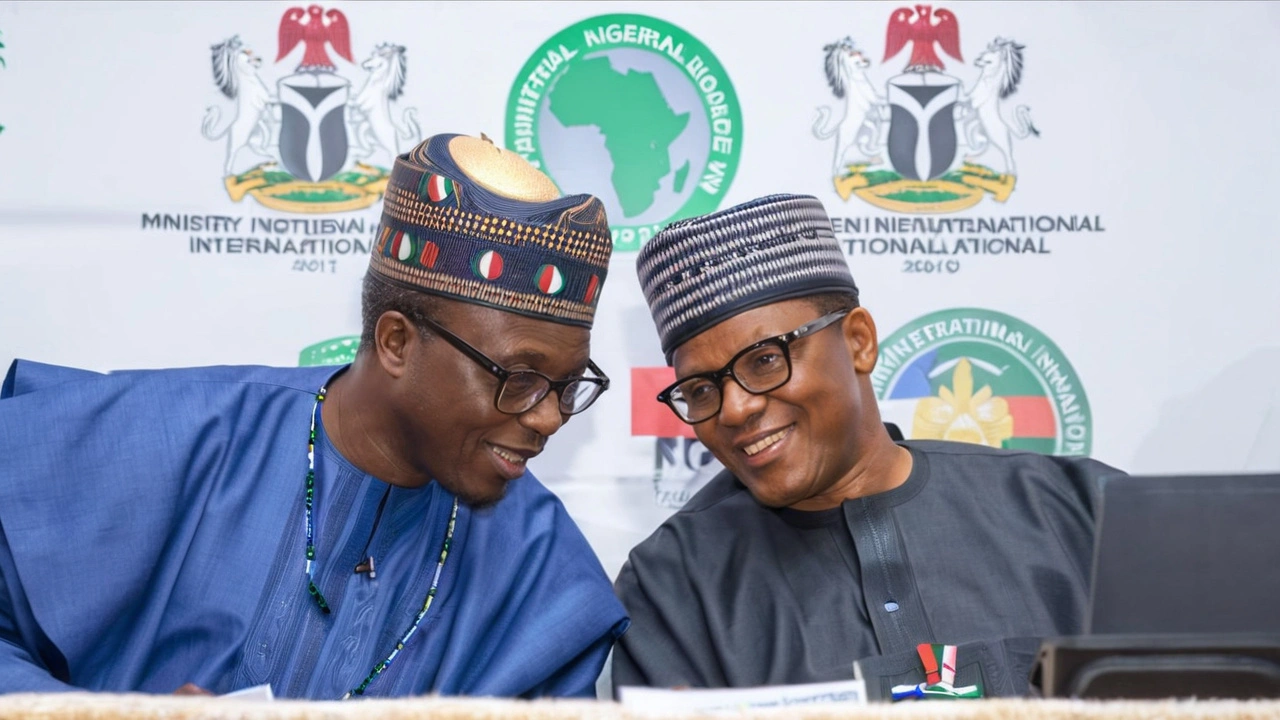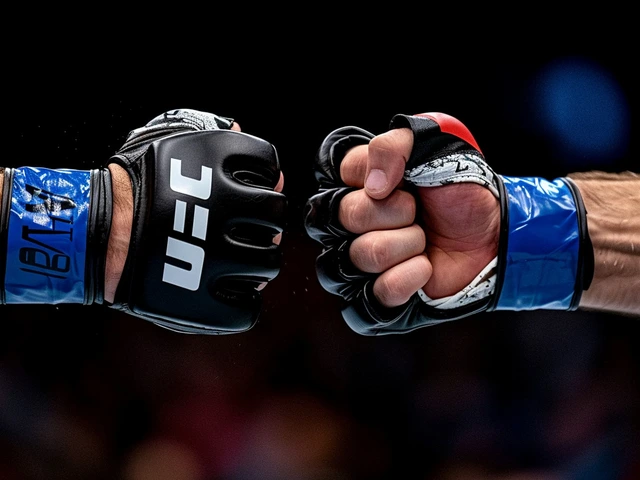Mele Kyari Refutes Allegations About Ownership of Blending Plant in Malta
Mele Kyari, the Group Chief Executive Officer (GCEO) of the Nigeria National Petroleum Company (NNPC) Limited, has come forward to deny allegations made by Aliko Dangote concerning the ownership of a blending plant in Malta. This development comes amidst a brewing storm in Nigeria’s oil industry, fueled by a mixture of claims and counterclaims involving some of the most influential figures in the sector. Kyari, known for his forthright communications, took to social media to assert his position clearly.
According to Kyari, the claims made by Dangote, Africa's richest person, are baseless. In his social media post, Kyari emphasized that he has no knowledge of any NNPC official operating an oil facility in Malta, a small island nation in the central Mediterranean Sea. He stated outright that neither he nor any other NNPC employee is involved in running such a blending plant, thereby addressing head-on the potentially damaging accusation leveled by Dangote.
Kyari went further to disclose his personal business interests, aiming to dispel any misconceptions. He mentioned that beyond his role at NNPC, his business ventures are limited to a modest local agricultural enterprise. This, he stressed, holds no sway over the operations or strategic decisions of the NNPC. Kyari’s clarification sought to ensure transparency and keep public trust intact in the face of these accusations that have significant implications for the credibility of Nigeria’s oil sector.
Backdrop of the Dispute: Allegations and Counter-Allegations
The current dispute dates back to July 18, when Farouk Ahmed, CEO of the Nigerian Midstream and Downstream Petroleum Regulatory Authority (NMDPRA), ignited controversy by alleging that local refineries, including the high-profile Dangote refinery, were guilty of producing substandard petroleum products. These allegations raised serious concerns about the quality controls and regulatory standards being upheld by these significant industrial players.
In response, Aliko Dangote strongly denied the accusations. Known for his robust business acumen and substantial influence, Dangote called for a thorough investigation to clear his name and that of his business operations. He asserted that the products from the Dangote refinery are of the highest quality, meeting all necessary standards and regulations. The stout defense by Dangote amplified the controversy, drawing in additional scrutiny from industry observers and stakeholders.
The Government, cognizant of the gravity of these claims, decided to intervene. Moving swiftly, the House of Representatives initiated an investigation into the matter. This probe seeks to delve deeper into the allegations that not only question the quality of the petroleum products being produced by local refineries but also suggest a concerted effort by international oil companies to undermine the operations of the Dangote refinery.

Industry Implications and Broader Consequences
The intense focus on this controversy signifies its importance in the broader context of Nigeria’s oil industry. The oil sector remains crucial to the country's economy, making up a significant portion of its GDP and export revenues. Any allegations that cast a shadow over the quality of products or the integrity of key players like Dangote and Kyari can have far-reaching impacts, affecting investor confidence and market dynamics.
In the broader geopolitical landscape, the accusations imply strains between the Nigerian oil sector’s domestic and international actors. The suggestion that international oil companies might be attempting to thwart the success of the Dangote refinery adds another layer of complexity to the global energy market's dynamics. Such high-stakes posturing could shape not only local industry policies but also Nigeria’s diplomatic relations with oil-importing nations and multinational corporations.
Response and Reactions from Stakeholders
The reaction from the public and industry stakeholders has been mixed. On one hand, there is significant support for the House of Representatives’ investigation, seen as necessary to uphold transparency and accountability. On the other, there are concerns about potential biases and the risk of a prolonged inquiry negatively impacting business operations and investor sentiments.
Industry analysts have cautioned against the escalation of this dispute, suggesting that collaboration and improved communication between stakeholder entities could mitigate the situation. The focus, they argue, should remain on ensuring adherence to high-quality standards and fostering an environment conducive to fair competition and growth.
As the investigation continues, all eyes will undoubtedly be on the findings and the consequent actions taken by regulatory authorities. The resolution of this dispute holds the potential to set precedents for future industry practices and regulatory frameworks.
Investigation and Possible Outcomes
The House of Representatives’ probe is anticipated to cover several critical aspects. It will likely examine the claims about product quality in detail, scrutinizing the compliance records of local refineries, including documentation and test results from relevant authorities. Additionally, it will investigate any evidence suggesting interference by international oil companies.
Possible outcomes of the investigation could range from exonerating the parties involved to imposing penalties or regulatory changes aimed at tightening quality controls. There is also a possibility of a diplomatic fallout if substantial proof is found against international companies allegedly involved in undermining local businesses. The final report of this investigation will thus be awaited with bated breath by industry insiders and the general public alike.
In conclusion, the dispute between Mele Kyari and Aliko Dangote, whilst rooted in specific allegations, touches upon broader themes significant to Nigeria’s economic and industrial landscape. It reflects ongoing challenges in ensuring fairness, quality, and transparent operations within the oil sector. How these challenges are navigated could define the future trajectory of the industry and its key players.






Write a comment